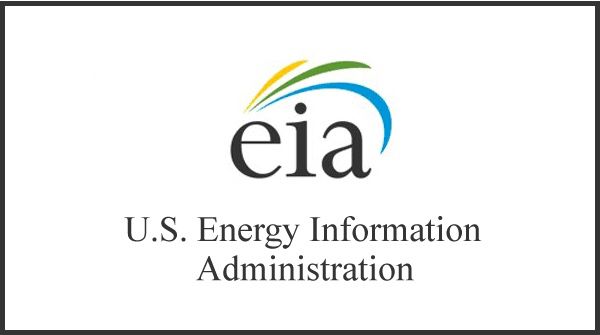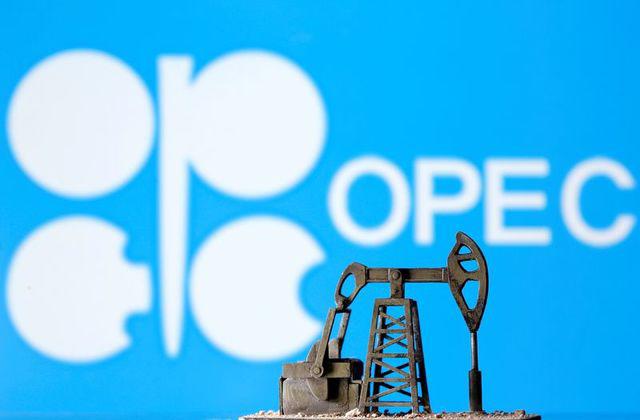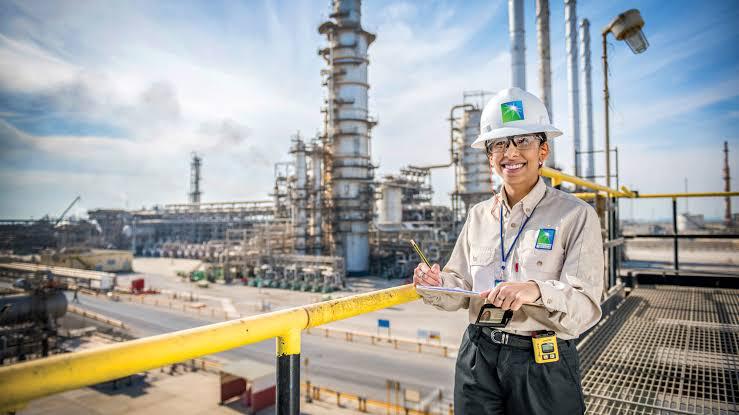The Managing Director of Total Exploration and Production Nigeria Limited, Mike Sangster, said the Petroleum Industry Bill (PIB) would allow for massive investments by oil and gas companies in the Nigerian petroleum industry.
He made this known on Tuesday, 25th August 2020, while speaking at the ongoing Society of Petroleum Engineers’ (SPE) Nigeria Energy Transformation Summit (NEITS). He said the bill has to be progressive, clear and create a win-win atmosphere for current and willing investor and the country, and added that Total wouldn’t stop to invest in Nigeria.
He said, “We are keen to continue to invest in Nigeria and to contribute constructively to the ongoing debate about the Petroleum Industry Bill. We welcome the efforts being made by the authorities to define a long-term framework for the oil and gas industry that provides clarity and certainty, but it must also provide attractive terms and a win/win solution for the country and investors in order to entice sufficient capital in an ever more competitive world.”
“A progressive, win/win, PIB could be the catalyst needed for a new wave of investment in Nigeria instead of other countries and hence contribute to the sustainability of the oil and gas industry.”
Further commenting on the impact of COVID-19 on businesses, he said the pandemic is forcing firms to fold-up. He said corporate organisations are going beyond laying off and furlough to declaring bankruptcy and shutting down. He notes there is a need for re-strategising on the sustainability of energy firms and other companies in several sectors.
According to him, before the pandemic, companies and countries have been planning on reducing carbon footprints and shifting towards cleaner energy. One of the challenges of Total, as explained by the M.D, is finding the balance between energy transition in new energies like solar and wind power and continuing to provide oil and gas to sufficiently meet demand.
He said Total wants to contribute to climate change by delivering affordable and clean energy which has led to the company investing and implementing several initiatives that are already positively impacting the Nigerian energy scene.
Total Group aims to emit Zero Carbon by 2050 and to this end, Total will be promoting the use of natural gas, biogas and hydrogen, investing in low carbon electricity from renewables, and investing in low-cost oil and biofuels.
Sangster said, “Some of these include the fact that over 1.5 million people in Nigeria have been impacted from sale of 400,000 Total solar lamps since 2013 according to Global Lighting Off-grid Association estimates. Worldwide, 10 million people have been impacted.
“Out of our 577 service stations across the country, more than 77 have been solarized as at the end of January 2020. It is an ongoing programme and our target is to ensure that our stations all become solarized. We have also deployed over 150 residential solar solutions across the country.
“Our investment in the Nigerian Liquefied Natural Gas, NLNG, from the beginning till now, is partly derived from our commitment to the production of cleaner and better energy.
“At the Group level: Total’s ambition is to become the responsible energy major and to get to Net Zero carbon emissions by 2050.”




